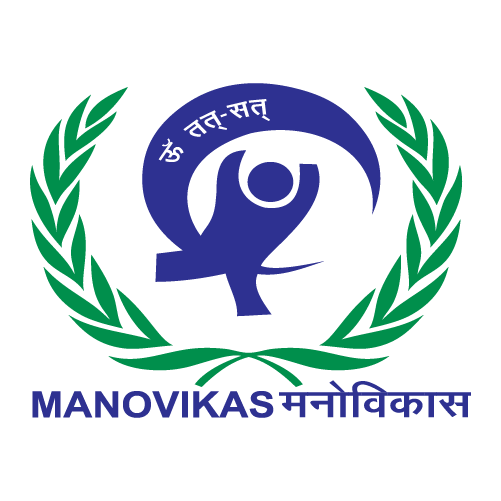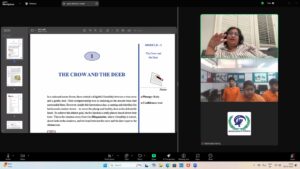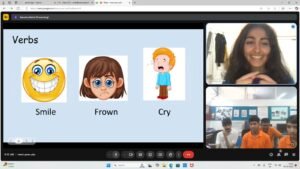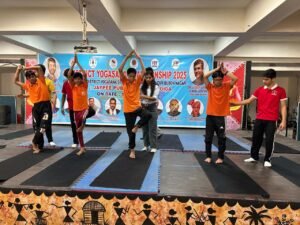Self-advocacy equips those with Intellectual and Developmental Disabilities to ask for the help they need to succeed. The strategy is beneficial at school and encourages them to open up to friends and family about their difficulties and disabilities.
Initially, self-advocacy was instructed for adults with such disabilities. However, guardians and educators eventually realised that teaching this methodology earlier gives children a better chance of honing these essential skills.
FOUR MEANS TO SELF-ADVOCACY
- Acknowledge your qualities
- Be mindful of your weaknesses
- Design strategies to dispel those weaknesses
- Communicate these needs effectively to others
1. Acknowledge your qualities
We appreciate everyone’s talents: show acknowledgement for your positive attributes.
At Manovikas Family, we recognise and celebrate the unique qualities and talents of each person who enters our door. We provide a supportive and caring environment that honours people’s strengths, encourages growth and fosters independence.
We aim to help everyone nurture their gifts and appreciate the beauty in self-expression. Regardless of your background or ability, you can find the strength and support to embrace your full potential here. We are committed to making sure everyone feels seen and heard, providing them with tools, connections, and love that will allow them to build a brighter future.
2. Be mindful of your weaknesses:
Give recognition to your strengths!
At Manovikas Family, we believe in the power of acknowledging one’s weaknesses and turning them into strengths. Our approach to life is grounded in the understanding that we can succeed only when we recognise our limitations.
No matter your struggles, at Manovikas Family, we will strive to help you reach your full potential with personalised solutions tailored to your needs. With a commitment to thoughtfully combining traditional values with modern techniques, our team of experienced professionals will guide you on a path to living a more mindful and rewarding life.
3. Design strategies to dispel those weaknesses
and Devise plans to alleviate those disabilities.
Manovikas Family is a dedicated team of experts that provide tailored solutions to help individuals and address their unique challenges and weaknesses. With decades of knowledge and experience in the field, we focus on developing plans and strategies to empower our stakeholders in achieving their goals. We always aim to equip you with the skills, resources and support needed to move forward. Manovikas Family is your partner for success.
4. Communicate these needs effectively to others.
Manovikas Family is a team of experienced professionals dedicated to helping you successfully express your needs and expectations to others.
Drawing on years of expertise in communication, our highly skilled staff can work with you to ensure that you present your plans and goals in a way that will be understood and appreciated.
We take pride in providing thoughtful, thorough consultations for individuals, families, and businesses looking for practical solutions for communication difficulties. Our goal is always to help you get the best results possible.
WAYS PARENTS CAN STIMULATE SELF-ADVOCACY
Most often, when your kid faces adversity in schooling, the impulsive reaction is to intercede on their account. Though in the long term, the best solution is teaching your child how to speak up for themselves.
For Younger Students: Initiate a Dialogue with Your Child’s Teacher
When your child is still young, you should inform their teacher of any learning difficulties. More facts provided upfront could help develop an improved relationship between parents, educators and children.
For Older Students: Encourage Them by Participating in Person-Centered Planning (PCP) Processes
Participate in Making an Independent Education Plan (IEP)
An Independent Education Plan (IEP) and person-centred planning (PCP) are crucial documents that list a child’s education requirements, accommodations from the school and progress measurements.
From as early as fifth or sixth grade, students can attend Self Advocacy Meetings and programmes independently to encourage themselves about what they require for success in class activities.





